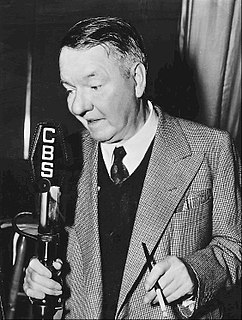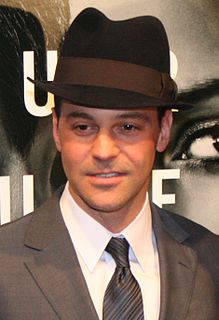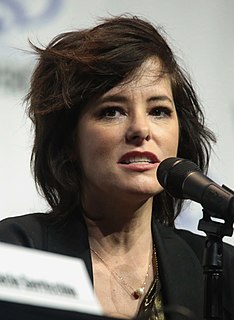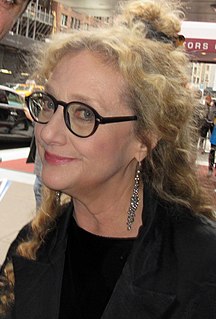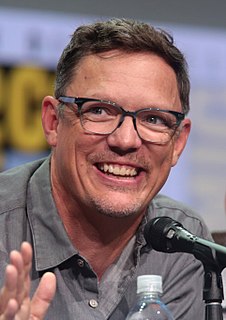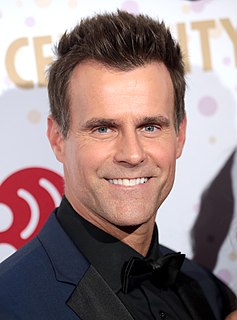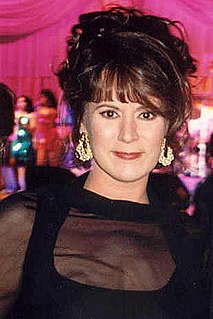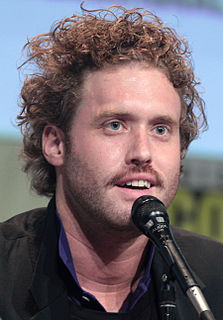A Quote by Craig Mazin
I'm a big believer in comedy writers. I've always defended the honor of all comedy writers. It's extremely difficult, but I've always felt that comedy writers far more easily can move toward drama than vice versa.
Related Quotes
As a writer, I haven't delved into dramatic writing. As an actor, I could always, even more so than comedy, do drama. When you do your comedy and your drama, your acting style doesn't change. If it's a comedy, the situations and the characters might be a little funnier, but you're just trying to be honest.
Comedy can be more difficult than drama. It requires more attention to timing. In the theater, you're always dependent on the audience for the energy, but in comedy the feedback you get is more important. You can judge by the quickness and the length of the laugh just where you stand with the audience.
It's always the girl comedy and the guy comedy. It bums me out. You'd think there'd be a progression, from James L. Brooks and Nora Ephron into more subtle humor and behavior and psychology. All these interesting things people can learn about themselves by watching talented writers comment intelligently on someone else's emotional life.
Like, your body has to get used to being in front of people. Like - and you have to be like - you have to be kind of a ham, you know? Like, the thing about writers is they're generally self - comedy writers - self-loathing, sort of play small. And as a, like, performer, you have to think like a comedy writer but act like a performer.
I acted in high school and studied at the British American Drama Academy in Oxford for one summer. I minored in theater, and I was always acting growing up and stuff, but really, I was just more interested in the comedy of it all. So for me, it's always comedy, and then acting is just one medium of comedy.

